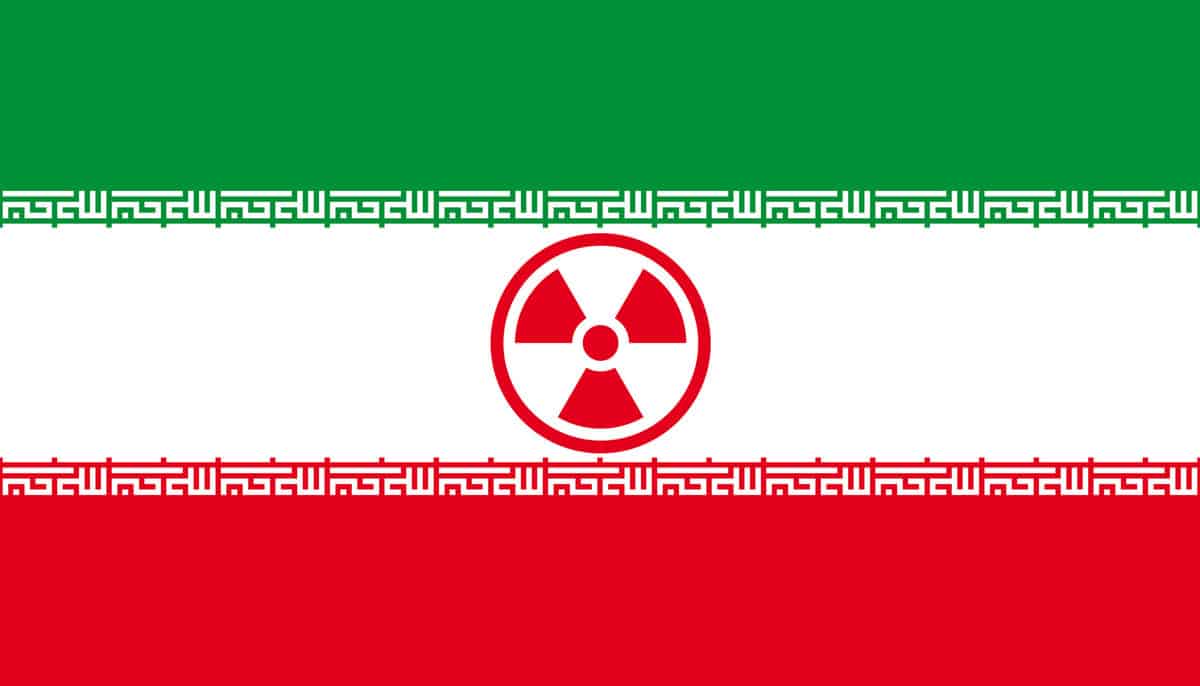Natanz blackout: A harbinger of future cyber-war with Iran, China and Russia

Flag of Iran with radiation sign
Originally published by The Washington Times
The cyber-blackout of Natanz is the latest desperate effort to stop Iran from building their ‘Islamic Bomb’
Sunday, April 11, saw another harbinger of future warfare so revolutionary it needs new vocabulary. Israel’s apparent “cyber-blackout” of Natanz is the latest example of what I call, in my book of the same name: “Blackout Wars.”
April 11 is “National Nuclear Day” in Iran.
Just hours before U.S. Secretary of Defense Lloyd Austin arrived in Tel Aviv, Israeli news reported Iran’s underground uranium enrichment complex at Natanz was paralyzed by Mossad (Israel’s CIA) making a cyber-attack on the Natanz electric grid.
Israel government officials have so far not confirmed the allegations.
On Saturday, Iran announced turning-on 164 IR-6 advanced uranium centrifuges at Natanz, and testing at Natanz even more advanced IR-9 centrifuges, capable of enriching uranium 50 times faster than the IR-1, Iran’s first-generation uranium centrifuge.
Tehran denies seeking nuclear weapons, but recently increased uranium enrichment at Natanz from 3% to 20%, enabling very quickly, within a few months, uranium enrichment to 90% purity, nuclear weapons-grade.
Now Iran plans, when Natanz resumes operations, to enrich uranium to 60% purity. In 2010, the U.S. and Israel cyber-attacked Natanz using the “stuxnet worm” to damage uranium enrichment centrifuges, slowing Iran’s nuclear program. The Obama administration drew criticism for publicly acknowledging its role in 2012.
Click HERE to read more.
- Florida versus Russia - January 26, 2022
- US risking cybergeddon with Russia - January 25, 2022
- Make peace, not war, with Russia - January 3, 2022
